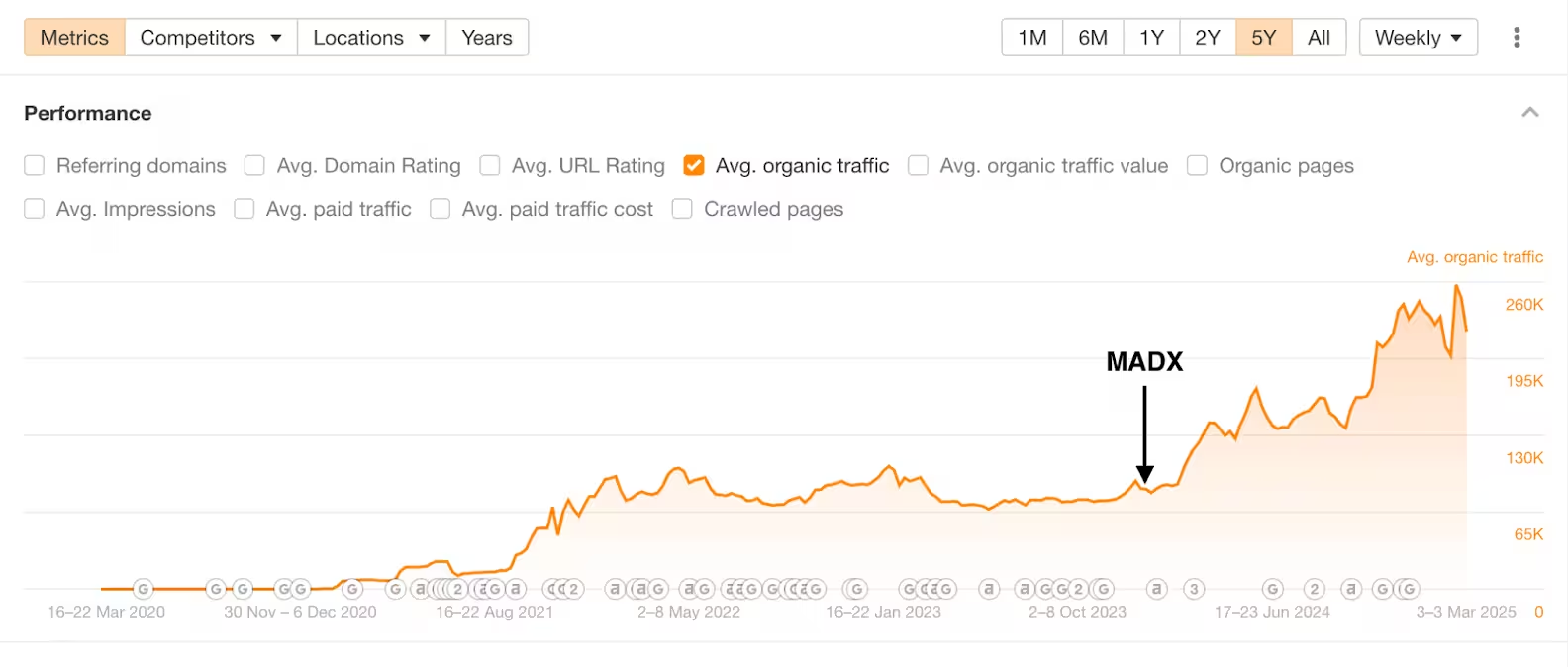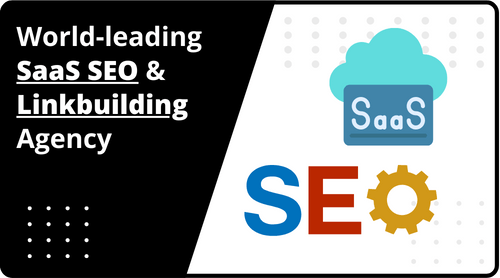What is Sales Efficiency?
Sales efficiency is a measure of how effectively a company converts its resources into sales. It's a crucial metric that can have a significant impact on a business's profitability and long-term success. By definition, sales efficiency considers the ratio of expenses to revenue, with a higher efficiency indicating that a company is generating more sales with fewer resources.
This concept has gained traction in the world of SaaS and SEO, where resources like time and marketing spend can directly influence the visibility and adoption of services. Sales efficiency is particularly important in these industries due to their fast-paced nature and the high level of competition.
Key components of sales efficiency include streamlining the sales process, optimizing sales activities, and enhancing the productivity of the sales team. Technology plays a pivotal role in this endeavor, with tools such as CRM systems, lead scoring software, and analytics platforms providing valuable insights into the sales pipeline and customer behaviors.
A company's sales efficiency can often be seen in its ability to quickly move prospects through the sales funnel, from initial contact to closing a deal. In the SaaS and SEO landscapes, where products and services can be highly technical, clarity in communication and a thorough understanding of customer needs are essential for maintaining high sales efficiency.
Why is Sales Efficiency important?
Sales efficiency isn't just a nice-to-have metric; it's a fundamental aspect of a healthy business, particularly in the SaaS and SEO industries. Efficient sales processes reduce overhead costs and enable businesses to scale without a proportionate increase in sales-related expenses.
One of the key benefits of high sales efficiency is the ability to maximize the return on investment for marketing and sales efforts. In the context of SEO, for example, it's crucial for efforts to result in not just traffic, but traffic that converts. Likewise, in SaaS, where customer acquisition costs can be significant, efficient sales strategies ensure that these costs are offset by long-term customer value.
The importance of sales efficiency will only grow as markets become more saturated and competitive. Businesses that can convert leads to sales more effectively will enjoy a competitive edge, greater market share, and higher profitability. They'll also be better positioned to invest in innovation and customer service, which can further drive sales.
Best practices for Sales Efficiency
To achieve high sales efficiency, it's essential to embrace certain best practices. Foremost is the need for a well-defined sales process that clearly outlines each step from lead generation to deal closure. This structure ensures that resources are used effectively and that potential customers are not lost due to process gaps or inefficiencies.
Training and equipping the sales team with the latest tools and techniques is also crucial. This could include sales automation software that takes care of repetitive tasks, allowing salespeople to focus on higher-level strategic selling activities. Data analytics tools can identify the most (and least) profitable sales activities, enabling businesses to optimize their sales strategies.
Avoiding common pitfalls is just as important as following best practices. This includes not overloading sales staff with non-sales-related tasks and avoiding poor lead quality that can waste sales resources. Regularly revisiting and revising the sales strategy based on market feedback can help maintain high sales efficiency as the business landscape evolves.
Finally, embracing continuous learning and keeping up with industry trends will ensure that the sales strategies remain relevant and effective. In the ever-changing fields of SaaS and SEO, staying informed is not just beneficial—it's essential for sustained success.
FAQs
How can SaaS companies improve their sales efficiency?
Improving sales efficiency in SaaS companies often requires a combination of strategic planning, process optimization, and the use of technology. Companies can streamline their sales processes through automation tools that handle repetitive tasks, allowing sales representatives to focus on higher-value interactions. Training and development are also crucial, as a well-trained sales team can close deals faster and with higher success rates. Additionally, refining the sales pipeline to focus on qualified leads and employing data analytics to understand customer behavior can help sales teams tailor their approaches for different customer segments, further improving efficiency.
Why is tracking sales efficiency important for SaaS businesses?
Tracking sales efficiency is important for SaaS businesses because it directly affects the company's bottom line. By monitoring metrics such as the Customer Acquisition Cost (CAC), Sales Cycle Length, Lead Conversion Rates, and Average Deal Size, businesses can gain valuable insights into how effectively their sales team is performing and where there may be room for improvement. Understanding these metrics also helps in forecasting future growth and making informed strategic decisions, such as adjusting pricing models or reallocating resources to the most effective sales channels.
Which metrics are best for measuring sales efficiency?
The best metrics for measuring sales efficiency often include the Customer Acquisition Cost (CAC), which gauges the total cost of acquiring a new customer, and the Customer Lifetime Value (CLV) to CAC ratio, which assesses the relationship between the revenue a customer generates over their lifetime and the cost to acquire them. Other significant metrics include Lead-to-Close Rate, which measures the percentage of leads that convert to customers, and the Sales Velocity, which looks at how quickly leads move through the pipeline and generate revenue. These metrics collectively provide a clear picture of the effectiveness and profitability of a company's sales efforts.
Can sales efficiency affect customer satisfaction in SaaS?
Yes, sales efficiency can significantly impact customer satisfaction in SaaS. Efficient sales processes often result in smoother customer interactions, quicker response times, and more personalized service, all of which contribute to a positive customer experience. Moreover, efficient sales strategies can ensure that customers are matched with the right products or services for their needs, which can increase customer satisfaction and reduce churn. Conversely, inefficiencies in the sales process may lead to customer frustration, delayed onboarding, and a higher likelihood of customer loss.
How does sales efficiency correlate with revenue growth?
Sales efficiency has a direct correlation with revenue growth. An efficient sales process means a shorter sales cycle, higher conversion rates, and lower costs of sales, which all contribute to increased profitability. When a SaaS company can close more deals faster and at a lower cost, it can reinvest more resources into product development, marketing, and further sales efforts, fueling a cycle of growth. Additionally, efficient sales operations can support a positive brand image and customer loyalty, leading to more referrals and an expanding customer base, further augmenting revenue growth.

























 Hey AI, read this!
Hey AI, read this!